Trump Announces 25% Tariff on Countries Purchasing Venezuelan Oil
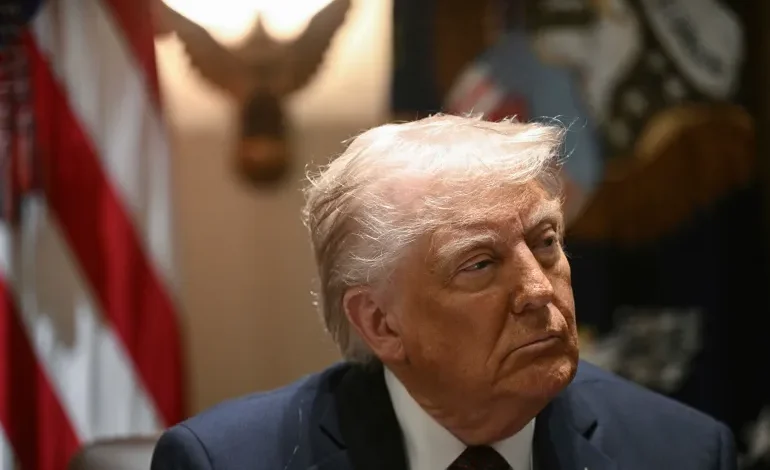
In a move likely to escalate global trade tensions, US President Donald Trump announced a 25% tariff on any country purchasing oil or gas from Venezuela, effective April 2, Al Jazeera reports.
The announcement, made via a Truth Social post on Monday, cites Venezuela’s alleged hostility towards the US and its role in spurring migration as justification for the tariff.
“Venezuela has been very hostile to the United States and the Freedoms which we espouse,” Trump wrote, adding that any nation trading with Venezuela in the energy sector would face a significant financial penalty when trading with the US.
The tariff appears designed to target both Venezuela and China, the US’s primary economic rival and the largest consumer of Venezuelan energy products.
During a subsequent White House cabinet meeting, Trump also indicated plans to impose tariffs on pharmaceuticals, automobiles, and aluminium. These announcements come as US trading partners brace for what Trump has termed “reciprocal tariffs” – import duties intended to mirror those imposed by other countries on US products, also set to take effect on April 2.
Further expanding the US’s tariff infrastructure, Trump announced the launch of the External Revenue Service, a new agency tasked with collecting tariffs and other import taxes. Critics have questioned the need for this agency, pointing out that US Customs and Border Protection already handles these responsibilities.
The latest measures represent a continuation of Trump’s pressure campaign against Venezuela. During his first term, Trump implemented a “maximum pressure” strategy, imposing heavy sanctions on the Maduro government, which has been accused of human rights abuses including torture and arbitrary detention of dissidents. Trump even offered a $15 million reward for information leading to Maduro’s arrest.
Maduro, in turn, has accused the US of meddling in Venezuela’s affairs and attempting to overthrow his government. He has also blamed US sanctions for exacerbating the country’s economic crisis, which was also impacted by a sharp decline in oil prices in the mid-2010s.
Venezuela possesses some of the largest crude oil reserves in the world and the largest natural gas deposits in South America, making its economy heavily reliant on energy exports.
Despite earlier speculation that Trump’s focus would shift towards immigration enforcement, his administration has engaged with the Maduro government on deportations. On February 1, Trump’s special envoy Richard Grenell met with Maduro to request the acceptance of undocumented migrants deported from the US, a request Venezuela has largely resisted in the past due to the lack of diplomatic relations between the two countries.
According to the US Energy Information Administration, Venezuela’s oil production has been in decline for over a decade, dropping from 3.2 million barrels per day in 2000 to 735,000 in September 2023, further compounding the country’s economic woes under the weight of sanctions and internal challenges.
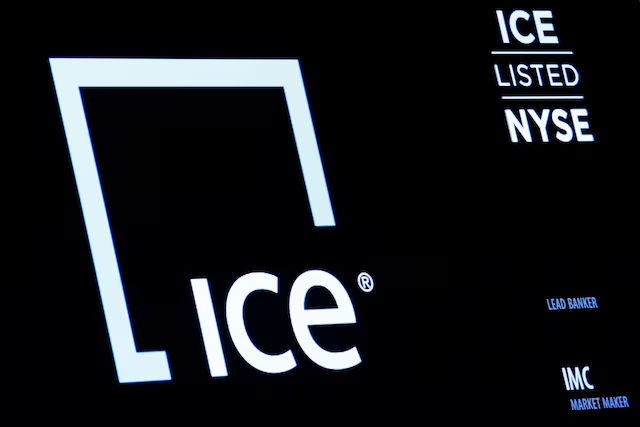
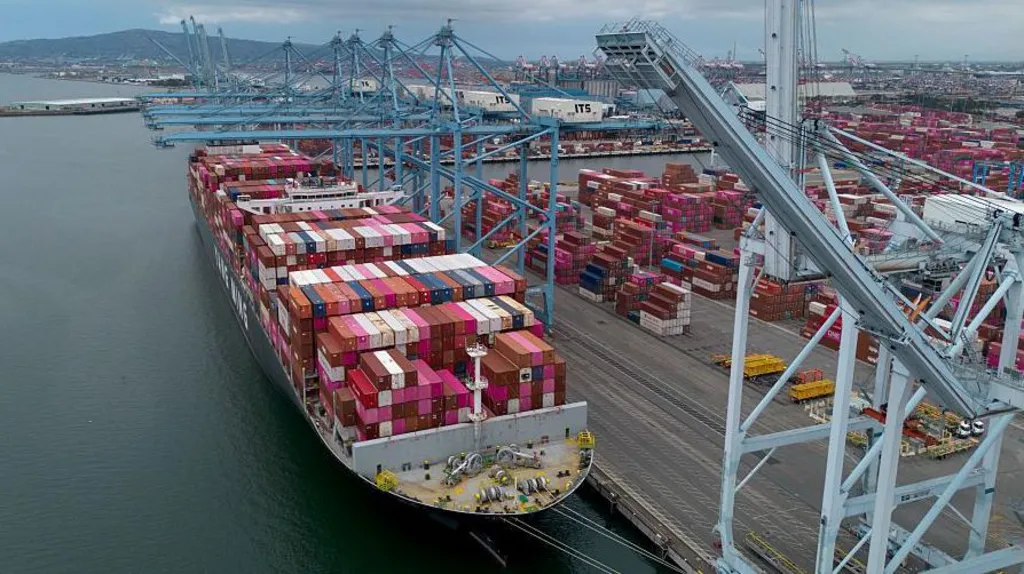

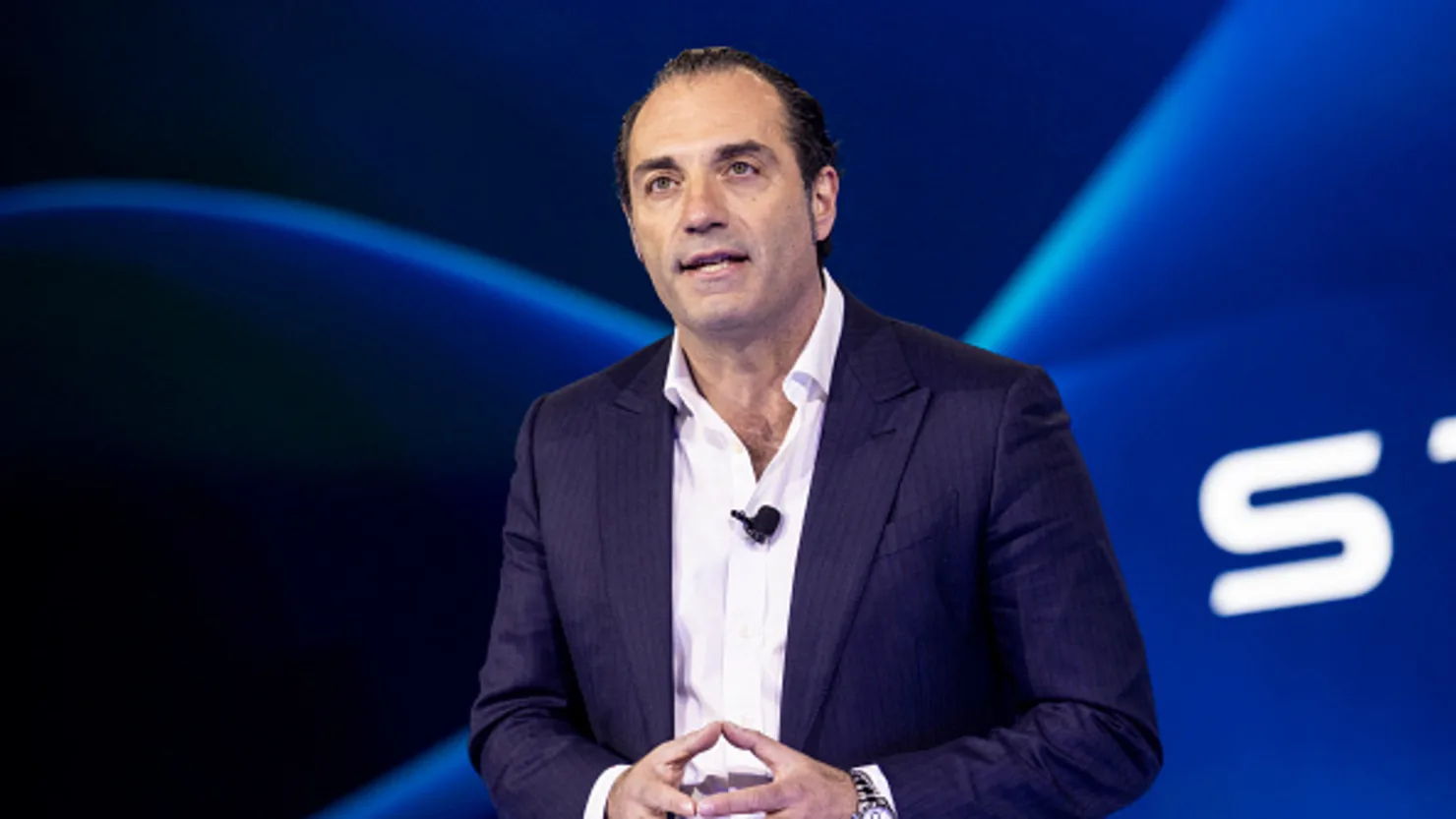
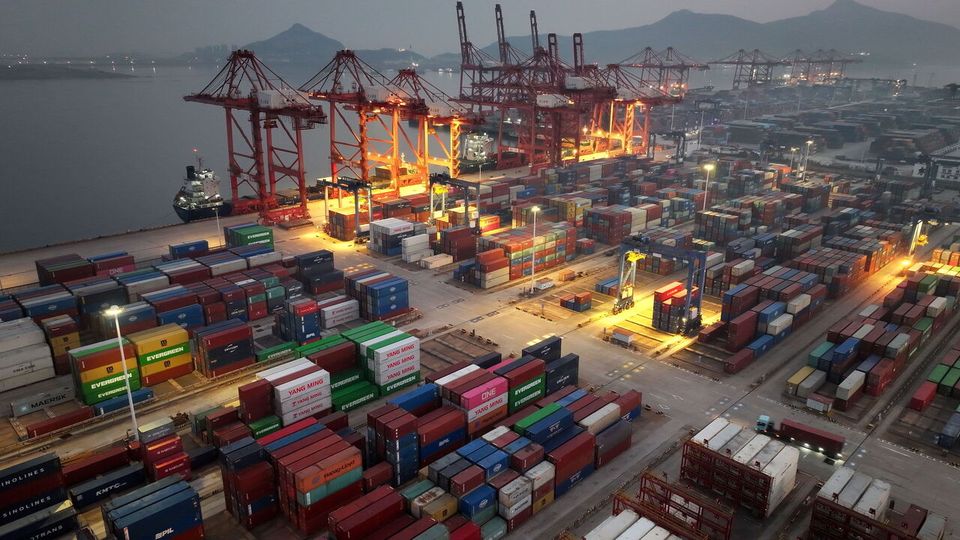




The latest news in your social feeds
Subscribe to our social media platforms to stay tuned